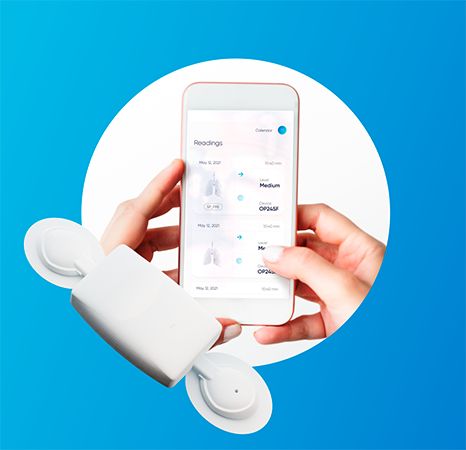Human beings boast a variety of valuable skills, but having the luxury to alter our approach whenever we want probably beats them all by quite a distance. The flexibility allows us to construct many unique takes on a given situation, therefore setting the stage for a diverse experience. As you would guess, such a dynamic plays well into our growth from a holistic standpoint, and building on the said foundations, we have been able to achieve things that were once considered to be pretty much unachievable. A representation of our trajectory is duly provided in a creation like, let’s say, technology. Now, technology’s success certainly spreads across disciplines, which are not essentially connected in a meaningful way, but the way it pivots these disciplines towards consistent progression does everything to tie them together. To understand how being a part of this bigger picture is beneficial on a granular level, we can look at our medical sector. By letting technology pull the strings, the medical sector completely reinvented how it functioned on a day-to-day basis. It was, of course, not an easy transition, except all that effort is now looking worthwhile, as we usher into an era where healthcare is better than ever before. However, the world isn’t ready to settle just yet. In a pursuit of higher peaks, we are continuing on our path, and the latest milestone to appear here comes through Respira Labs.
Respira Labs, a medtech company based in California, has successfully developed Sylvee sensor, which is basically an adhesive patch supposed to be worn near lower ribcage for the purpose of monitoring respiratory health. According to certain reports, the device works by using acoustic resonance. It produces sound into the chest cavity and analyzes the echoed vibrations before delivering in-depth results on Respira Labs’ app. The available data talks extensively to lung air volume and how it correlates to the air trapped inside a person’s lungs. A study of this nature can be useful for gauging respiratory exacerbation possibility.
“Research has demonstrated that expert panels could reach 77% accuracy when making a diagnosis based on pulmonary function testing (PFTs) and clinical history alone. This presents an opportunity for artificial intelligence, which could help decrease the time to final diagnosis, reduce the number of tests needed and decrease the number of false negatives in respiratory healthcare,” said Dr. Maria Artunduanga, CEO and founder of Respira Labs.
With research on respiratory health already being fairly limited, Sylvee sensor can open up an interesting avenue to scale things up. Furthermore, in times of Covid 19, the device can very well take on an even greater significance.


















